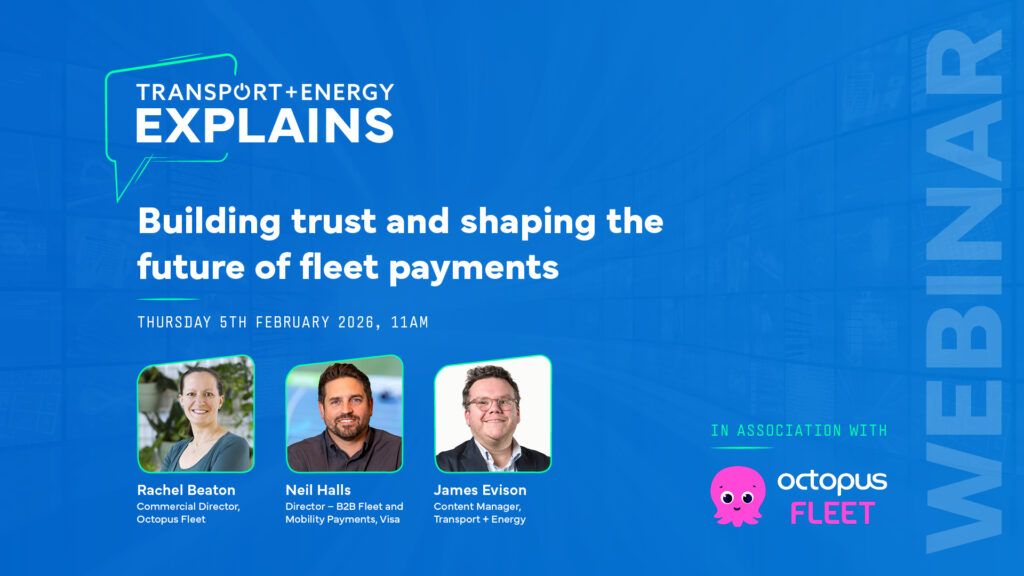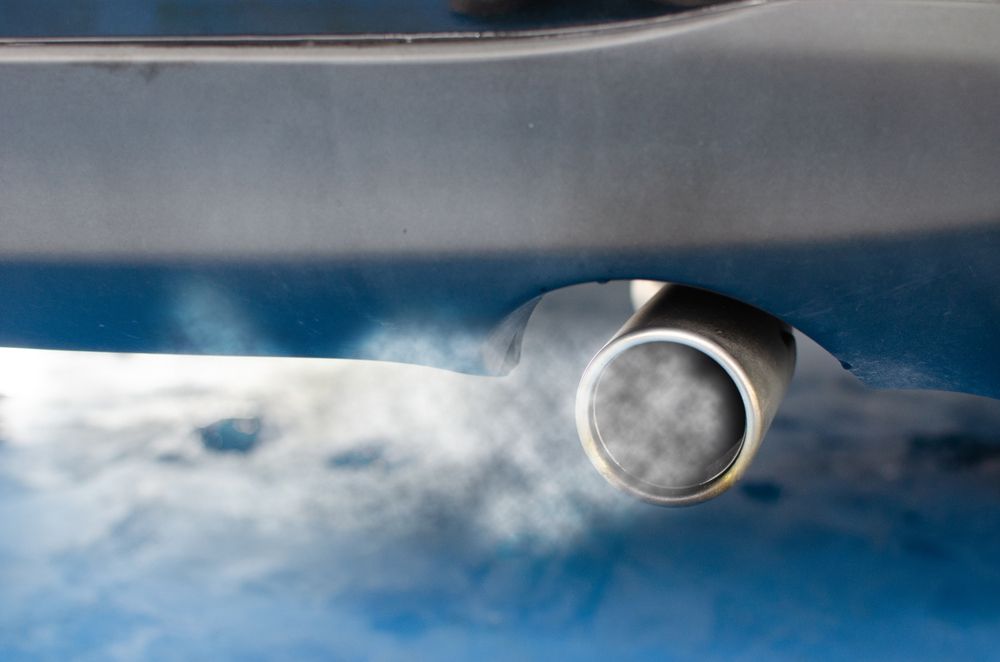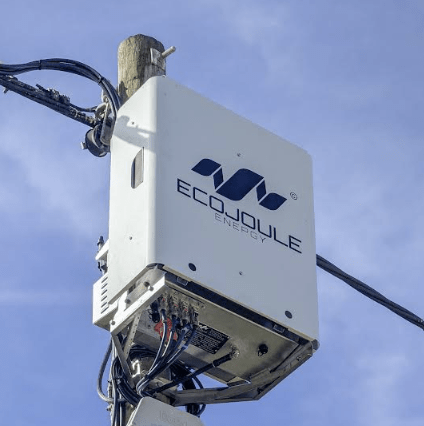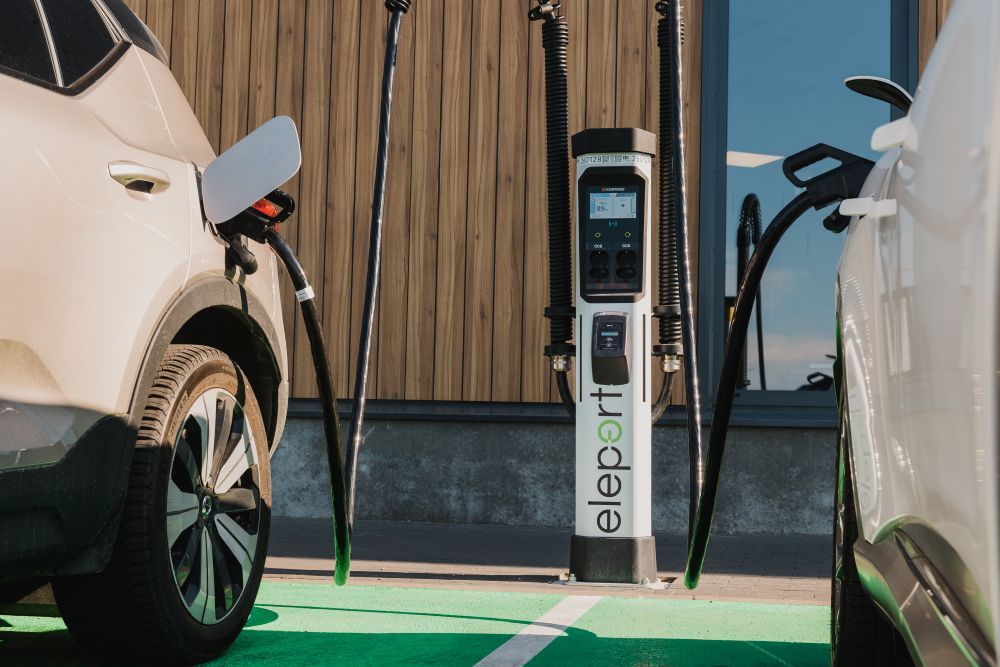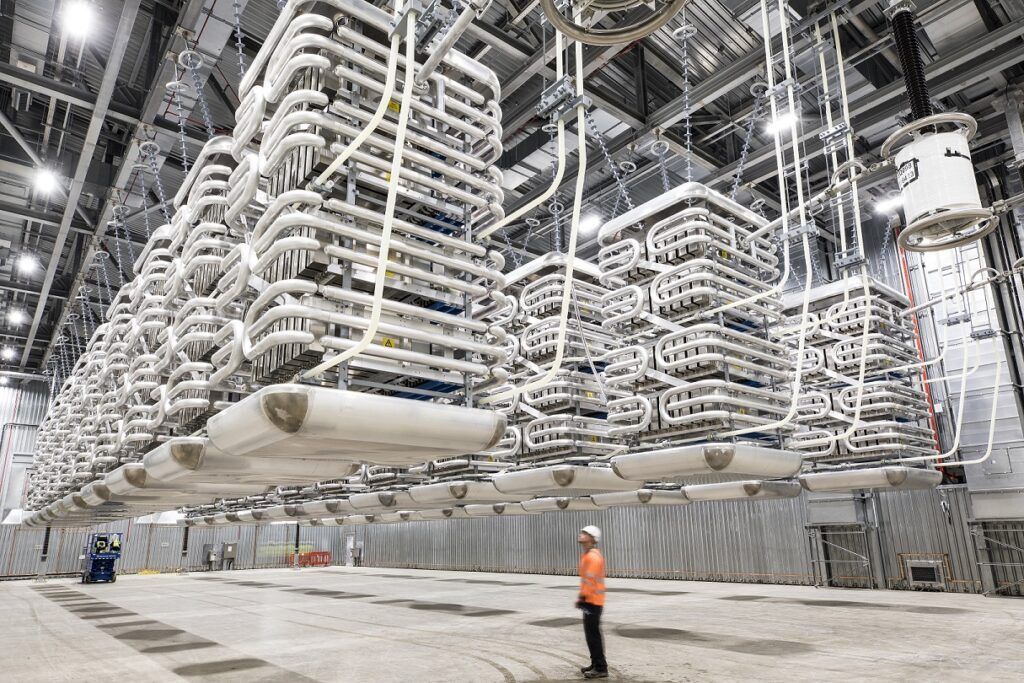Competition and Markets Authority action is paving the way for greater investment, greater choice, and competition on prices for electric vehicle drivers, by opening up competition in the charging sector.
In July 2021, the Competition and Markets Authority (CMA) launched a competition investigation into the Electric Highway’s contracts with MOTO, Roadchef and Extra, alongside publishing the findings of its market study into the electric vehicle charging sector.
The CMA’s investigation is looking at the Electric Highway’s long-term, exclusive contracts with Extra, MOTO and Roadchef for the motorway service stations they operate.
In particular, the concerns are that provisions in those contracts granting exclusivity to the Electric Highway:
- may be preventing competitor chargepoint operators from operating at motorway service areas
- could impede the successful roll-out of the government’s anticipated RCF
- may result in drivers losing out on competitive prices and reliable chargepoints as a result of a lack of competition at motorway service areas.
In return, Gridserve, which owns the Electric Highway, has offered the following legally-binding commitments:
- not to enforce exclusive rights in contracts with Extra, MOTO or Roadchef, after 2026, which currently cover around two-thirds of motorway service stations. In doing so, Gridserve has committed to reducing the length of the exclusive rights in the current contracts with MOTO by around 2 years and Roadchef by around 4 years (the contract with the third operator, Extra, is due to end in 2026).
- not to enforce exclusive rights at any Extra, MOTO or Roadchef sites that have been granted funding under the UK government’s Rapid Charging Fund (RCF). This means that, where funding has been granted, competitor chargepoint operators will be able to install chargepoints regardless of the exclusive element of the Electric Highway’s contracts.
Each of the motorway service station operators – Extra, MOTO and Roadchef – and Gridserve have also offered commitments not to take any action that would undermine the above commitments.
It is the CMA’s provisional view that the commitments offered will address its competition concerns and open up competition in the market ahead of the 2030 ban on the sale of new petrol and diesel cars.
Significant new investments are due to be made by Gridserve ahead of expected demand between 2021 and 2025.
The CMA is now inviting views on the proposed commitments – to be submitted to the CMA by 2nd December – and will continue to work with governments, regulators and industry to ensure electric vehicle charging is a success.
The CMA’s action in this area is part of its wider work to support the transition to a low carbon economy. The Prime Minister named ‘cars’ as one of his 4 priorities during COP26.
Andrea Coscelli, CMA Chief Executive, said: “One of the biggest stumbling blocks to getting people to switch to electric cars is the fear that they won’t be able to travel from A to B without running out of charge. Millions of people make a pitstop for fuel at motorway service stations every day, so it’s crucial that people can trust that electric chargepoints will do the same job.”
“Healthy competition is key to ensuring that drivers have a greater choice of chargepoints where they need them, and for a fair price.
“We believe that opening up competition on motorways, while ensuring the sector has greater investment, is the right direction of travel – and good news for current drivers of electric cars and for people thinking of buying one.
“We’d now like to hear from businesses and drivers themselves on these proposed commitments.”
Image: Shutterstock




